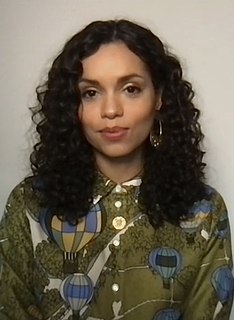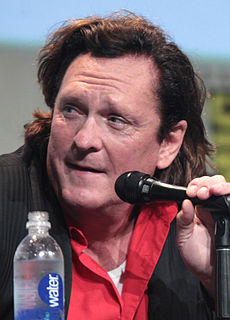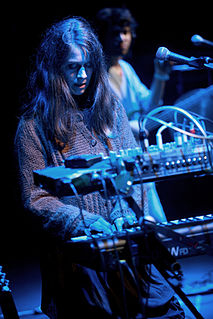A Quote by Georgina Campbell
Anything in which you're playing someone real does make you feel responsible for making the story as true as it can be.
Related Quotes
I sometimes say that I don't make anything up - obviously that's not true. But I am uninterested in writers who say that everything comes out of the imagination. I would rather be in a room with someone who is telling the story of his life, which may be exaggerated and even have lies in it, but I want to hear the true story, essentially.
My parents telling me that if there is a story you feel compelled to share, then you are responsible for doing that. You can't ask someone else to take on that story - or you can, but you have to deal with whatever the fallout is. If the story doesn't end up being told the way you originally heard it or that you feel it needs to be expressed, that's on you.
Our mania for rational explanations obviously has its roots in our fear of metaphysics, for the two were always hostile brothers. Hence, anything unexpected that approaches us from the dark realm is regarded either as coming from outside and, therefore, as real, or else as a hallucination and, therefore, not true. The idea that anything could be real or true which does not come from outside has hardly begun to dawn on contemporary man.
...if it isn't literally true that my wanting is causally responsible for my reaching, and my itching is causally responsible for my scratching, and my believing is causally responsible for my saying . . . If none of that is literally true, then practically everything I believe about anything is false and it's the end of the world.
People feel very strongly about the Second Amendment. Their rights. And so if we can find, agree on, for example, that we should have responsible gun ownership just like we have responsible use of automobiles. Nobody wants someone getting behind the wheel that shouldn't be there. And the same is true with guns.
If someone else was in the room, I wouldn't feel comfortable doing what I wanted to do. I would try to play something that the other person or people would love or would like, at least. Nothing was true because I was not playing what I wanted, and they were not listening to anything that was coming from anywhere true.


































